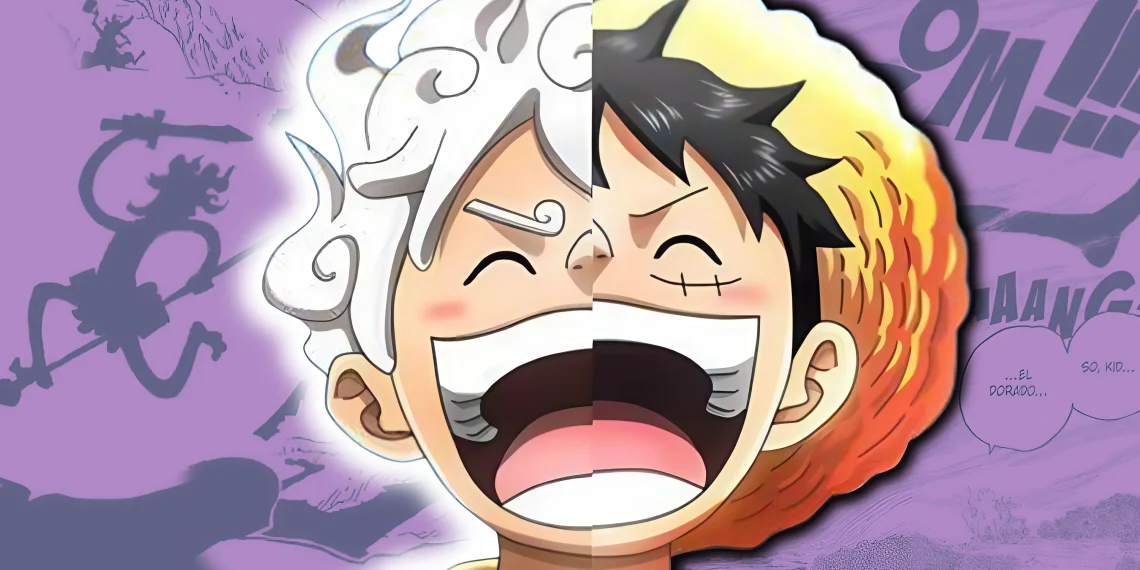One Piece is a world filled with adventure, treasures, and dreams of freedom.
But at the center of it all lies a mystery so great that it has captured the imagination of pirates, adventurers, and readers alike for over two decades: the legendary treasure known as the One Piece.
This fabled treasure is said to grant its finder the title of Pirate King, a designation that represents the pinnacle of power and freedom on the seas.
But as the story unfolds, it becomes increasingly apparent that the One Piece is much more than just material wealth. It holds a deeper, more profound significance tied to the fate of the world.
For the protagonist, Monkey D. Luffy, becoming the Pirate King has always been his ultimate dream.
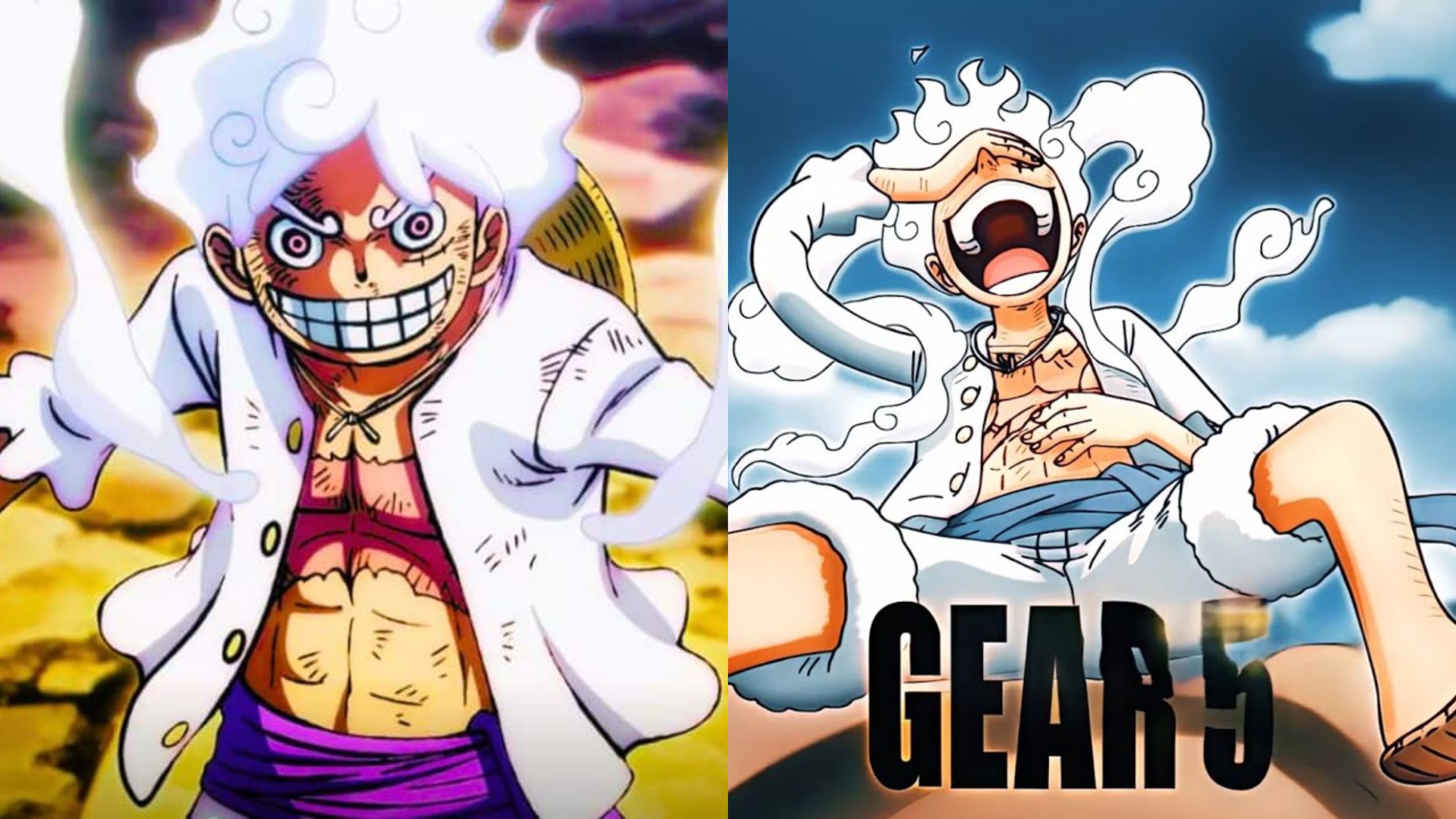
However, as his journey brings him closer to uncovering the mystery of the One Piece, it becomes evident that Luffy might be thrust into a role he never anticipated: that of a revolutionary leader.
The key to this lies in the revelation that Joy Boy, a figure from the distant past, was dubbed “the first pirate.”
This title suggests that Joy Boy was more than just a legendary figure; he was someone who sought to challenge the world’s oppressive order.
According to Vegapunk, one of the world’s greatest minds, Joy Boy left behind a means for future generations to rebel against the World Government, a shadowy organization that has maintained control over the world for centuries.
When Gol D. Roger, the Pirate King who found the One Piece, laughed upon discovering the treasure, it wasn’t just because of the joy of finding it.
He realized the monumental implications of what Joy Boy had left behind, and he understood that the world wasn’t ready for the challenge.
This is where Luffy comes in. As the successor to both Roger’s dream and Joy Boy’s legacy, Luffy may find himself taking on the role of a revolutionary leader, something he never sought but may be destined to fulfill.
Joy Boy’s Legacy: More Than a Pirate
Joy Boy is one of the most mysterious figures in the One Piece universe, and his legacy has long been shrouded in mystery.
What little we know about him comes from characters like Vegapunk and the discoveries made by the Pirate King, Gol D. Roger.

According to Vegapunk, Joy Boy was the first pirate. But this title isn’t just about being the first to sail the seas or the first to hoard treasure.
Joy Boy was a revolutionary figure, someone who sought to challenge the established world order.
Joy Boy’s treasure, the One Piece, is much more than just wealth or fame. It represents his will, his ideals, and his dream of a world free from oppression.
The World Government, which has ruled for centuries, has done everything in its power to suppress the truth about Joy Boy and the treasure.
This is because the One Piece isn’t just a treasure it’s a tool to spark rebellion, a means to overthrow the World Government and reshape the world.
When Gol D. Roger, the man who eventually became Pirate King, reached Laugh Tale and discovered the One Piece, his reaction was one of laughter.
But this wasn’t the laughter of someone who had just become the wealthiest man in the world. Roger laughed because he understood the true nature of Joy Boy’s legacy.
He realized that becoming Pirate King wasn’t just about being the freest man on the seas or achieving ultimate fame. It was about inheriting the responsibility of challenging the world’s oppressive regime.
Joy Boy’s legacy was one of resistance, and the One Piece was his way of passing the torch to future generations.
However, despite understanding this truth, Roger and his crew chose not to act on it. As pirates, they realized that they didn’t have the means to rally enough support to take on the World Government.
Even with the title of Pirate King, Roger knew that overthrowing such an ancient and powerful regime was beyond their capabilities.
The world wasn’t ready for the truth, and Roger’s era couldn’t bring about the change that Joy Boy had hoped for.
Roger’s Plan to Start the Great Pirate Era
Realizing that the world wasn’t ready for the challenge Joy Boy had left behind, Roger made a decision that would forever change the course of history.
Rather than directly confronting the World Government or trying to spark a revolution himself, Roger set in motion the Great Pirate Era.
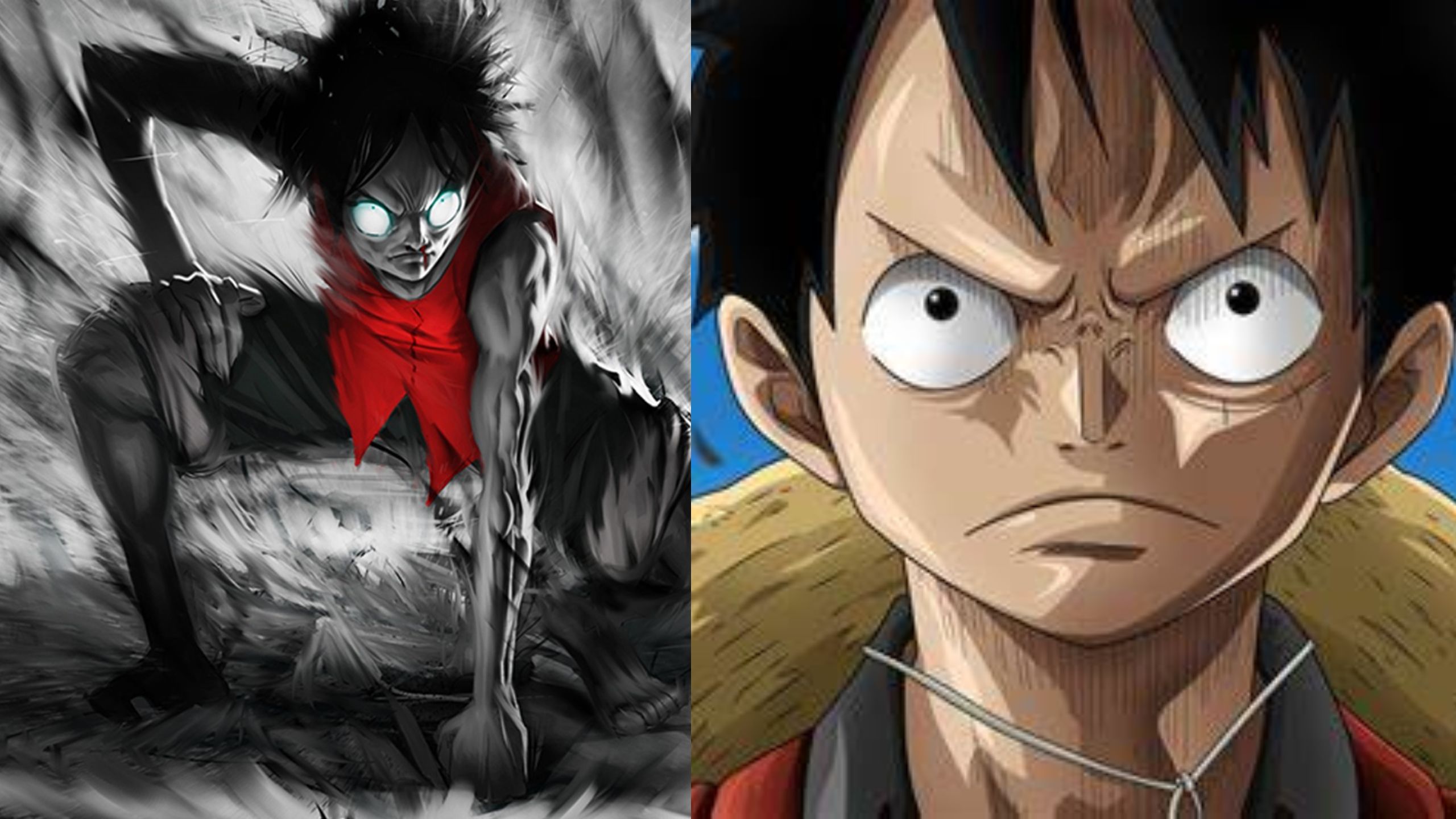
This era was born out of Roger’s hope that future generations of pirates would be inspired by his journey and seek out the One Piece for themselves.
Roger’s parting words, spoken just before his execution, ignited the Great Pirate Era. “My treasure? If you want it, you can have it! I left everything I gathered together in one place.
Now you just have to find it!” With these words, Roger effectively invited the world to set sail in search of the One Piece. However, there was a deeper meaning to his words.
Roger knew that the treasure wasn’t just material wealth it was the key to understanding the world’s true history and the means to overthrow the World Government.
Roger’s laughter at Laugh Tale can be seen as an expression of irony. He had found Joy Boy’s treasure, the means to challenge the world, but he couldn’t act on it.
The world wasn’t ready for the truth, and Roger knew that in his time, there wasn’t enough support to bring about the revolution Joy Boy had envisioned.
But by initiating the Great Pirate Era, Roger hoped that future generations of pirates might be better equipped to take up Joy Boy’s mantle and bring about the change that his era couldn’t.
And this is where Luffy comes into play. Luffy was born into the Great Pirate Era that Roger started, and from a young age, he set his sights on becoming Pirate King.
However, Luffy’s journey has always been about more than just finding treasure or achieving fame.
His dream is to be the freest man on the seas, but as his adventure progresses, it becomes clear that true freedom can only be achieved by confronting the systems of oppression that dominate the world.
Luffy’s Journey: A Path to Revolution
From the very beginning of One Piece, Luffy’s journey has been one of adventure and personal growth.
He’s sailed from island to island, gathering a crew of powerful and loyal friends while taking on enemies far stronger than himself.
But despite his carefree attitude and singular goal of becoming Pirate King, Luffy has consistently found himself in situations where he challenges the status quo and fights against injustice.
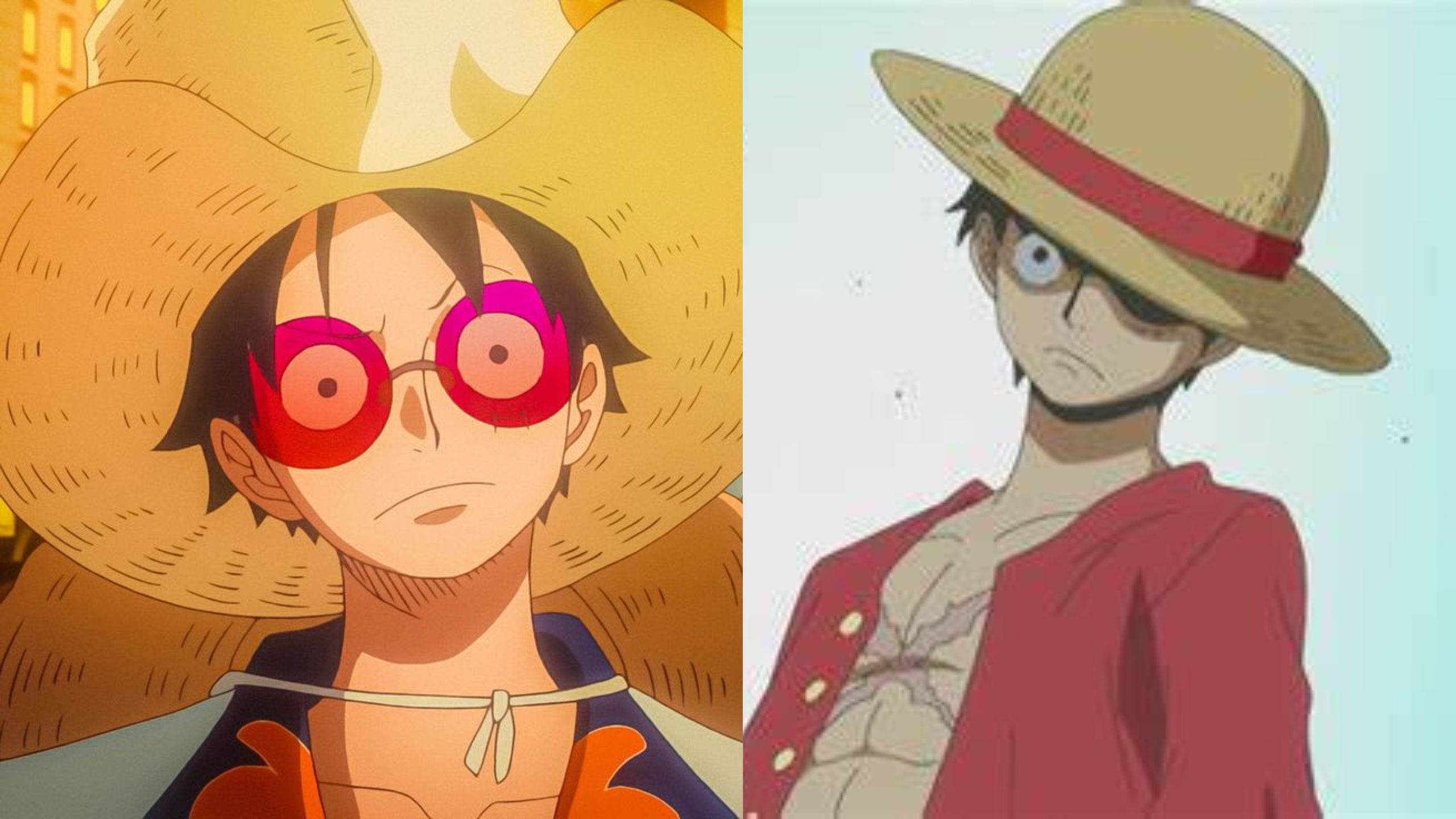
In Alabasta, Luffy helped overthrow the tyrannical rule of Crocodile, who had seized control of the country and manipulated its people for his own gain.
In Dressrosa, Luffy once again found himself in a position to challenge a corrupt government, this time led by Doflamingo, a puppet of the World Government.
Time and again, Luffy has fought against tyrants and corrupt leaders, often without fully realizing the larger implications of his actions.
What’s remarkable about Luffy’s journey is that he doesn’t seek to be a revolutionary. He’s not someone who actively pursues political change or leads movements against oppressive systems.
Luffy’s motivation has always been simple he wants to protect his friends, seek adventure, and achieve his dream of becoming Pirate King. However, despite this, his actions naturally inspire change wherever he goes.
As Luffy draws closer to finding the One Piece, he finds himself in a much different position than Roger did.
Unlike Roger, who felt that the world wasn’t ready for the truth, Luffy has gathered a vast network of allies and supporters.
Throughout his journey, Luffy has forged alliances with several countries, many of which are already aligned with the Revolutionary Army, an organization dedicated to toppling the World Government.
This puts Luffy in a unique position. If the truth of the One Piece is indeed tied to overthrowing the World Government, Luffy may have the support he needs to succeed where Roger could not.
The Revolutionary Army and Luffy’s Role
The Revolutionary Army, led by Luffy’s father, Monkey D. Dragon, has long been fighting to bring down the World Government.
They are a shadowy organization that operates in secret, working to undermine the government’s control and free the world from its oppressive rule.
While Luffy has never shown much interest in the Revolutionary Army or its goals, his discovery of the One Piece could change everything.
If the One Piece truly holds the key to overthrowing the World Government, then Luffy may find himself at the center of the Revolutionary Army’s plans.
Whether he chooses to actively join forces with them or not, his role in the final confrontation with the World Government is all but inevitable.
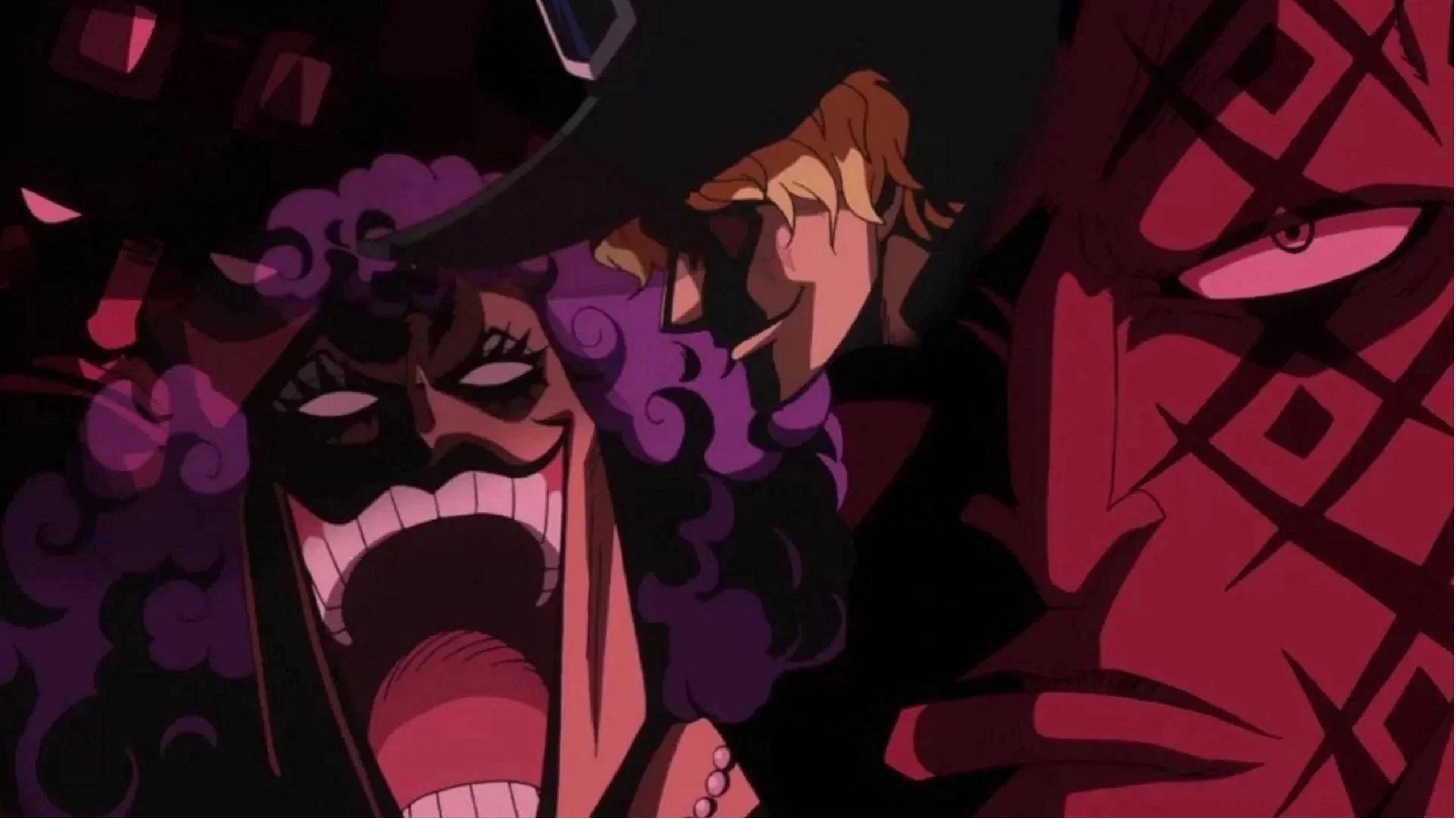
The Revolutionary Army would likely welcome such an alliance, adding their numbers to Luffy’s cause or acting as a powerful third party in the conflict.
What makes Luffy different from Roger is that he won’t be facing this challenge alone. In addition to the support of the Revolutionary Army, Luffy has also built a formidable network of pirate allies.
After the events of Dressrosa, Luffy’s allies in the Straw Hat Grand Fleet pledged their loyalty to him.
Luffy, in his typical carefree fashion, told them that they were free to do as they wished, but if they ever needed his help, they could call on him.
This creates a vast pirate force that could rally to Luffy’s side when the time comes for the final battle against the World Government.
The Straw Hat Grand Fleet isn’t just a collection of pirates; it’s made up of powerful crews from across the seas, each with its own unique strengths and capabilities.
When the final battle against the World Government begins, this fleet will likely play a crucial role in the conflict. Luffy’s ability to inspire loyalty and camaraderie is one of his greatest strengths, and it’s what sets him apart as a leader.
The Final Confrontation: Luffy vs. Imu
At the heart of the World Government’s power is a shadowy figure known as Imu, the secret ruler of the world.
Little is known about Imu, but it’s clear that they hold ultimate authority over the World Government and the world itself.
If Luffy is to truly fulfill Joy Boy’s legacy and bring about the change that Roger couldn’t, he will have to confront Imu and the World Government head-on.
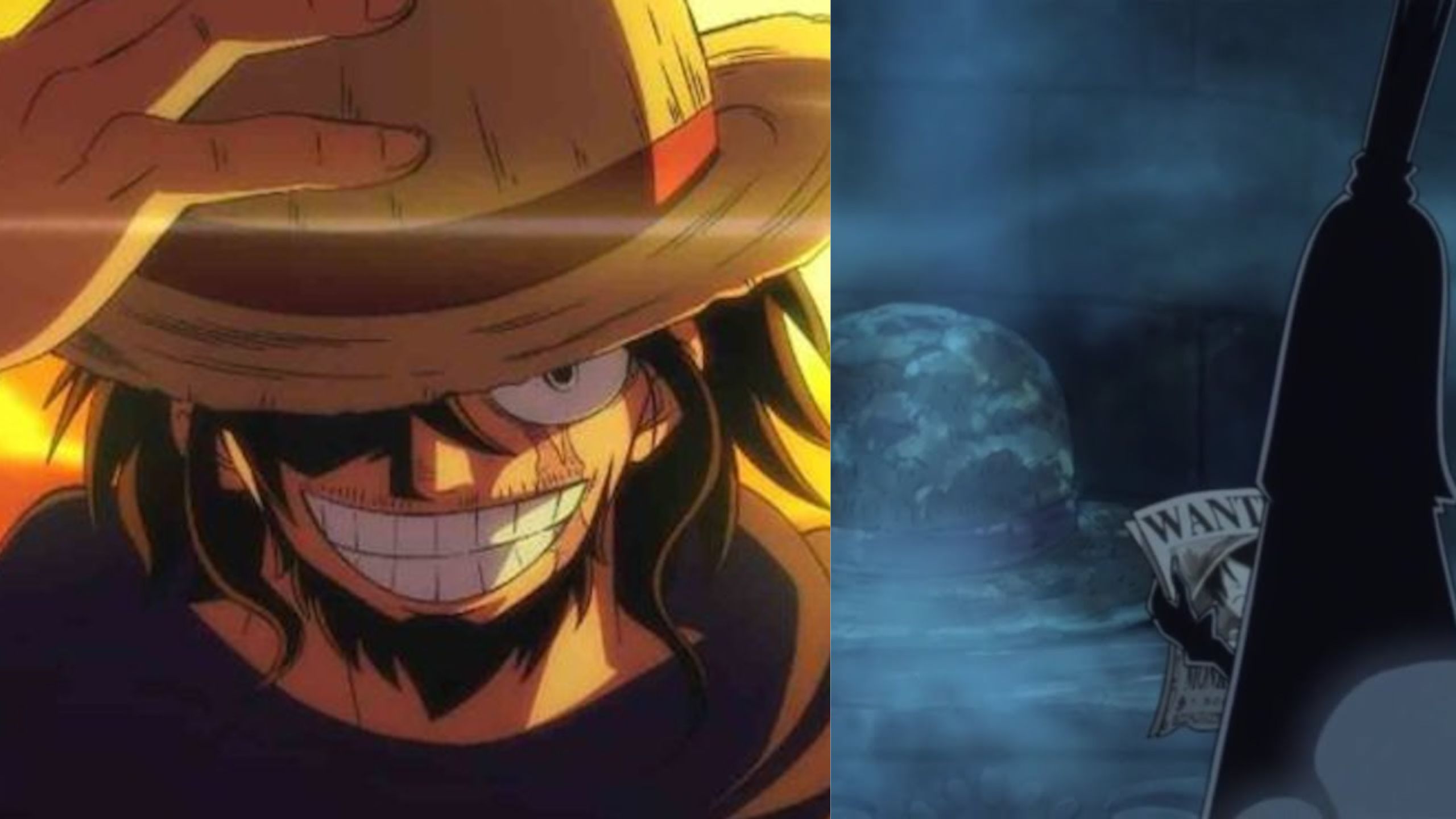
The One Piece, as Joy Boy’s treasure, isn’t just a symbol of freedom or wealth. It’s the key to challenging the world’s oppressive order and reshaping the world.
Luffy’s journey has always been about freedom – freedom for himself, for his crew, and for the people he meets along the way.
But as he grows closer to finding the One Piece, it becomes clear that his dream of freedom can’t be achieved without confronting the systems of oppression that bind the world.
Roger may have laughed because he saw the irony in Joy Boy’s challenge—it was within their grasp, yet impossible to fulfill in his time.
But Luffy is different. He has the allies, the strength, and the will to take up Joy Boy’s mantle and fulfill the legacy that has been waiting for centuries.
The One Piece isn’t just a treasure; it’s the key to reshaping the world, and Luffy is the one destined to unlock its true potential.

